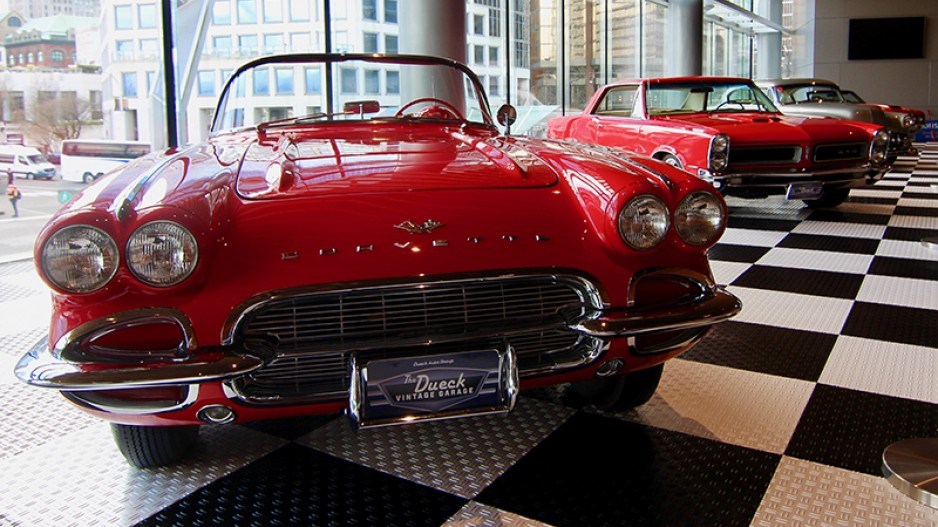There are big changes on the road ahead for the car sector. But while many people believe vehicle ownership is set to drop, industry professionals believe the sector is simply experiencing a metamorphosis.
“Most British Columbians don’t realize how significant automotive is to the economy,” Blair Qualey, president and CEO of the New Car Dealers Association of BC, said last week at a Vancouver International Auto Show automotive industry panel that discussed the major technology disruptions redefining the auto sector. “The New Car Dealers Association of BC generated $16 billion in retail sales last year, which is up 85% since 2010.”
Fellow panellist Ted Lancaster, vice-president and COO of Kia Canada Inc., estimated that, over the next 10 years, his company will have 16 new vehicles that will use either hybrid, battery electric or plug-in hybrid technologies.
He said that, out of all the various types of next-generation automobiles, the hybrid will still serve the widest market, especially here in B.C.
“We have a vehicle that can do 47 kilometres on pure electric capacity, that’s right around the average commute distance for most commuters, so, day in and day out, a person living in Surrey or White Rock can pretty much get to downtown Vancouver on pure electric power and zero emissions. But if they have to go to Kelowna and Shuswap, they want to be able to get there easily without having to stop for a 15- to 20-minute charge.”
But more electric vehicles put more demand on charging infrastructure.
Brian Fulton, president and CEO of Mercedes-Benz Canada, said between 85% and 90% of automobile charging will be done at work or at home.
“When [electrification] kicks in, you are going to see all homes with a charging station.… charging at the shopping centres, at church.… I think when you drive by businesses, a good percentage of the parking spaces will have charging stations.”
On traditional car ownership, most industry professionals agreed that the share economy will continue to become more prevalent but that vehicles will still be bought and owned by individuals or families. The process of purchasing, however, is poised for massive reconfiguration.
“I am afraid that the pace of technology is getting ahead of the knowledge of the drivers,” said Stephen Beatty, vice-president of Toyota Canada Inc.
“The experience inside the dealership is going to change quite dramatically, and the people who have been arguing that dealerships are going away … I think are absolutely wrong. I think what we are going to see is an era of genius bar at your local dealership as you help people and walk through the new technology.”
The autonomous vehicle controversy was also discussed.
“How prepared are we as a society for a scenario where cars will kill people based on an algorithm?” asked Beatty. “Ultimately, vehicles, whether they are driven by a human or … by a computer, will find themselves in the situation where a crash is unavoidable.”
Qualey closed the panel by reminding attendees that the auto sector is far from diminishing and that dealership owners and workers should not fear the future.
“B.C.’s dealerships contributed some $2.9 billion in total GDP to the province in 2017 while generating at least $675 million in total revenue to the three levels of government. So now, the automotive sector in B.C. is the second largest retail category, second to food and beverage sales.”




